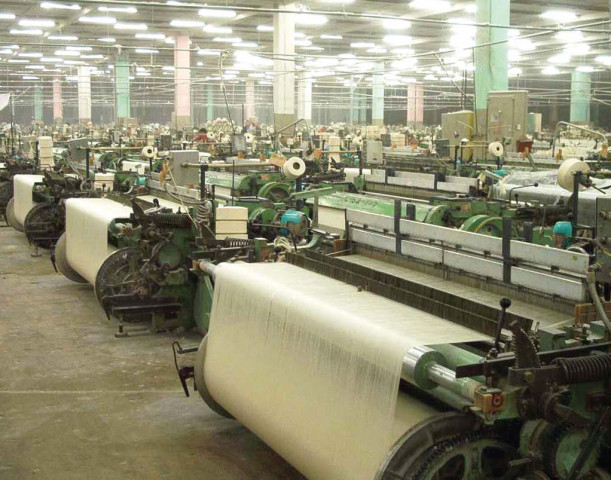Textile mills slam regulator over high RLNG bills
Oppose bulk charges accumulated over several years in petition submitted to OGRA

Textile millers have lashed out at the regulator and a public gas utility over billing shocks pertaining to re-gasified liquefied natural gas (RLNG) supply to captive power plants, saying their actions have burdened consumers with exorbitant costs.
The All Pakistan Textile Mills Association (Aptma) has submitted a petition to the Oil and Gas Regulatory Authority (Ogra) related to final RLNG sale prices for consumers of Sui Northern Gas Pipelines Limited (SNGPL) from April 1, 2015 to June 30, 2022.
The regulator conducted a public hearing recently. Aptma members argued that since LNG started landing in Pakistan, its sale prices had been issued on a provisional basis with expectation of near-term adjustment.
"Those reconciliations should have been a routine and timely, month to month or quarter to quarter, but instead they accumulated for multiple fiscal years," the millers said.
When these were finally actualised, they appeared as a bulk charge rather than a phased schedule. Several years of differentials were folded into current bills, converting a technical accounting exercise into a liquidity crunch for power producers, industrial users and compressed natural gas (CNG) station operators, they said.
In practice, businesses were sold electricity, gas/RLNG, goods and transport fuel under the tariffs then in force. Aptma emphasised that they could not retroactively re-price those transactions according to 2025 costs; still the utility sought to reopen prior periods in a single sweep. Since mid-2023, natural gas tariffs for captive power have risen from Rs1,100 per million British thermal units (mmBtu) to Rs3,500 per mmBtu, with a new grid transition levy of Rs791, lifting the effective price to about Rs4,291 per mmBtu ($15.4).
At this moment of acute industrial stress, Ogra first determined the actualised RLNG covering the period from April 1, 2015 to June 30, 2022. SNGPL then compounded the problem by billing arrears for that 84-month period in a single cycle.
"What should have been routine monthly reconciliations over seven years became a lump sum retrospective charge, triggering a severe liquidity shock and threatening the viability of the whole sectors," it said.
"For energy-intensive industries, the result is catastrophic, worsening working capital shortages."






















COMMENTS (1)
Comments are moderated and generally will be posted if they are on-topic and not abusive.
For more information, please see our Comments FAQ